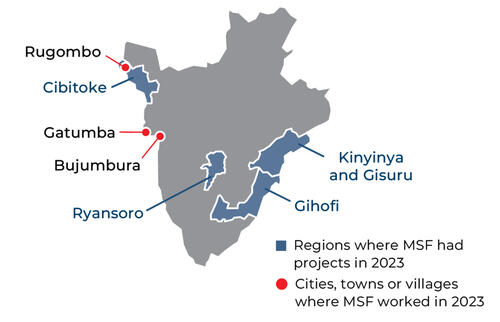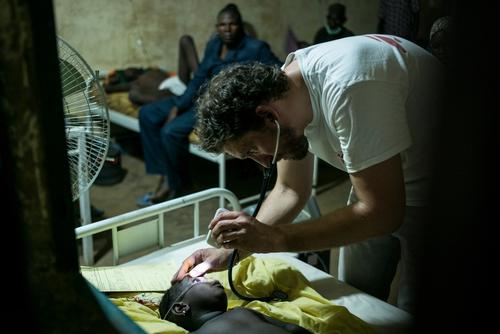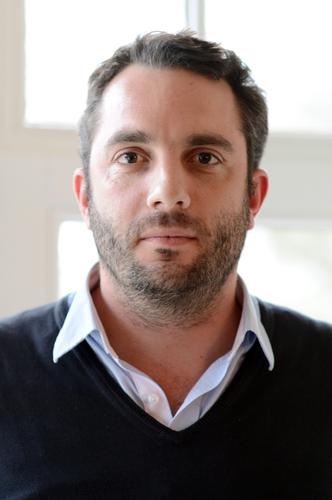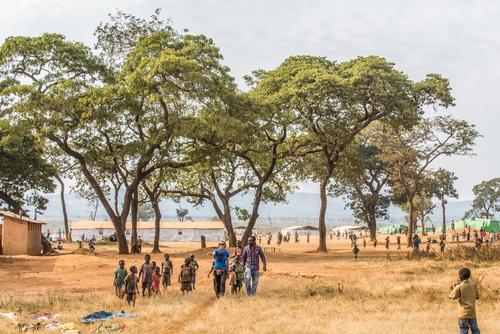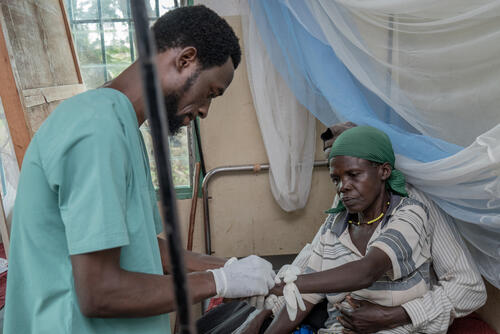Malaria, the leading cause of death and hospital admissions in Burundi, remained a key priority for our teams. In Ryansoro district, we supported 16 health facilities in the provision of malaria care and trained community health workers to detect and manage simple cases of the disease. Our teams also supported malaria treatment in 21 health facilities in Gihofi health district by training staff and donating drugs and equipment.
In Cibitoke health district, we launched an emergency intervention in response to a steep rise in cases, providing treatment in two hospitals and 12 health centres, and supporting community-based care through a network of 63 community health workers.
Meanwhile, in Ryansoro and Gisuru districts, we finished the operational research we had been conducting in collaboration with the Burundian national malaria programme and Antwerp’s Institute of Tropical Medicine. In November, we presented the results of the study, which aims to provide evidence on the best ways to tackle malaria in the country, at a national roundtable we attended.
Elsewhere in Burundi, our teams responded to several cholera outbreaks during the year. In January, after an outbreak was officially declared, we started to support dedicated treatment centres in Bujumbura city, Gatumba, and Rugombo, by training staff, donating medicines and equipment, and organising patient referrals, as well as providing health awareness sessions in communities. We also reinforced mass-casualty planning and management in Bujumbura, notably through training at Prince Régent Charles hospital.
